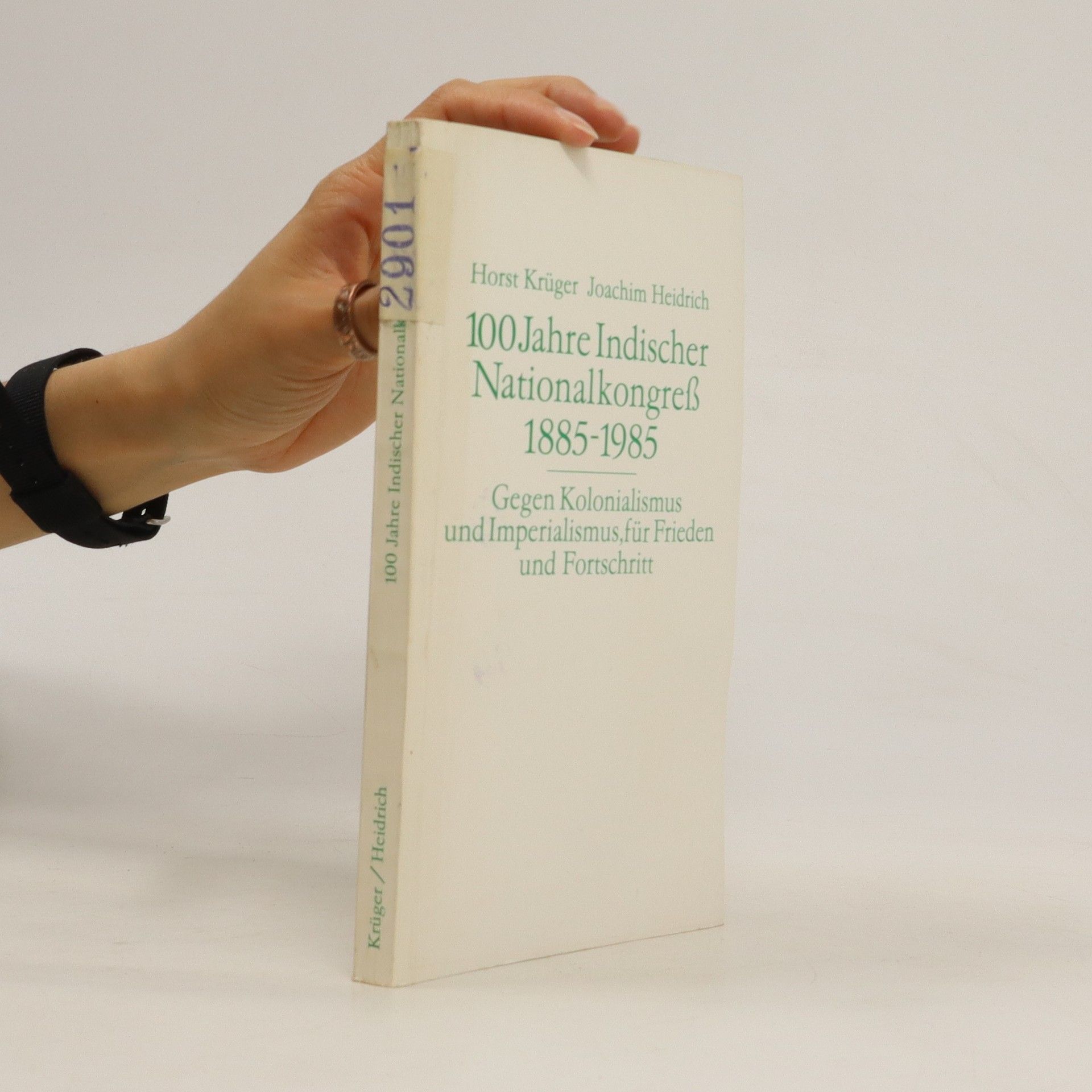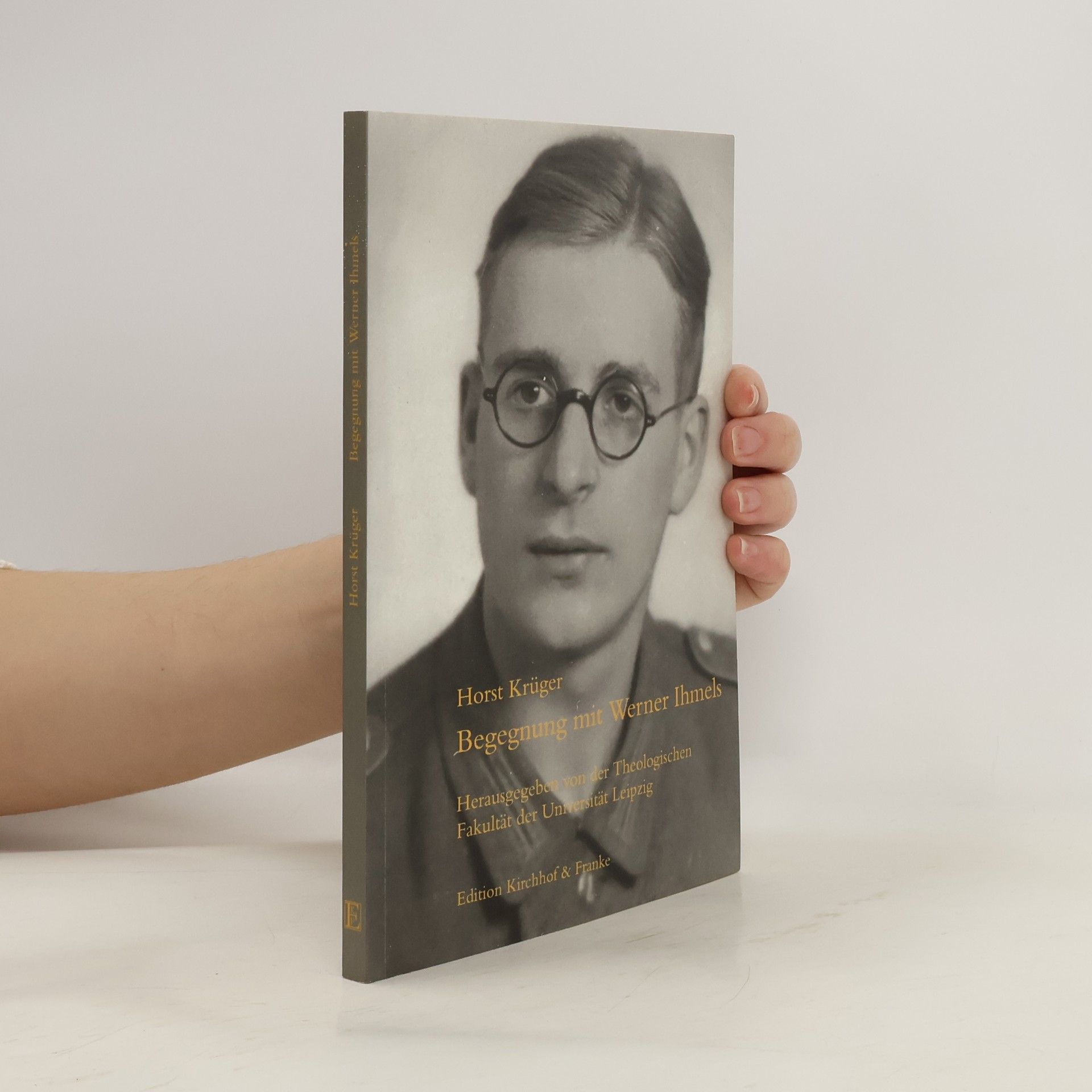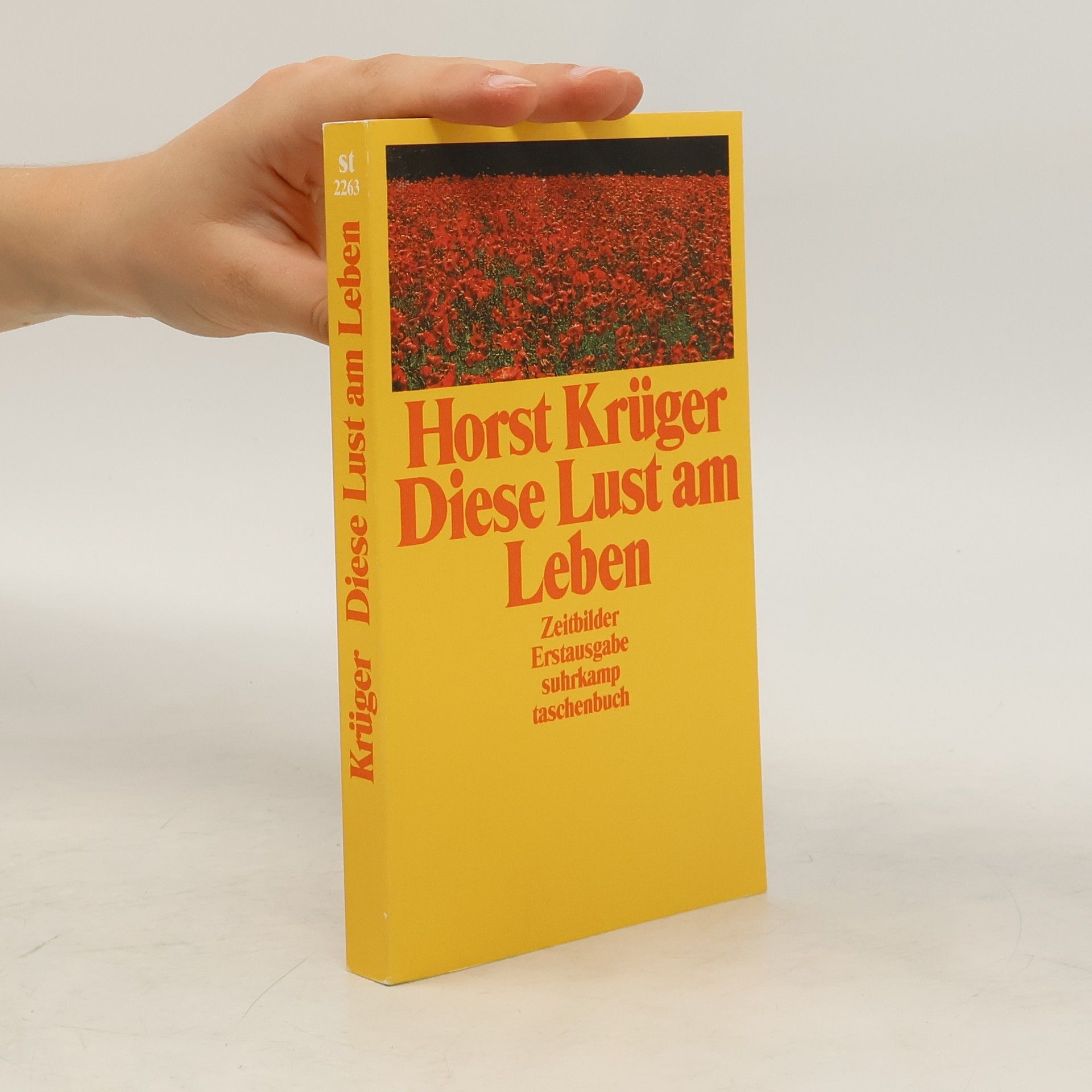A major rediscovery of a forgotten masterpiece, this literary memoir recounts a youth in Nazi Germany. In 1965, journalist Horst Krüger attended the Auschwitz trial in Frankfurt, where 22 former camp guards faced justice for the systematic murder of over a million individuals. This trial marked the first confrontation for the German public with the horrific realities of the Holocaust, committed by 'ordinary men' living among them. Reflecting on his childhood in 1930s Berlin, Krüger sought to understand that incomprehensible time. He grew up in a suburban community of decent, lower-middle-class homeowners, far removed from the spectacle of Nazi rallies. These were people who lived ordinary lives, believed in God, and obeyed the law, yet were gradually seduced by Nazism's promises. Krüger recognized himself as a typical child of innocuous Germans who were not Nazis, yet whose complicity enabled the regime's atrocities. The family's world began to unravel when tragedy struck, as Krüger's sister took her own life, leaving their parents to grapple with the loss. His teenage rebellion led him to join an anti-Nazi resistance group, narrowly escaping imprisonment before being sent to war. The narrative unfolds as a family succumbs to the destructive influence of Nazism. Written with lingering beauty, this moving coming-of-age story offers an unforgettable portrait of life under the Nazis and resonates with contemporary themes of popul
Horst Krüger Livres
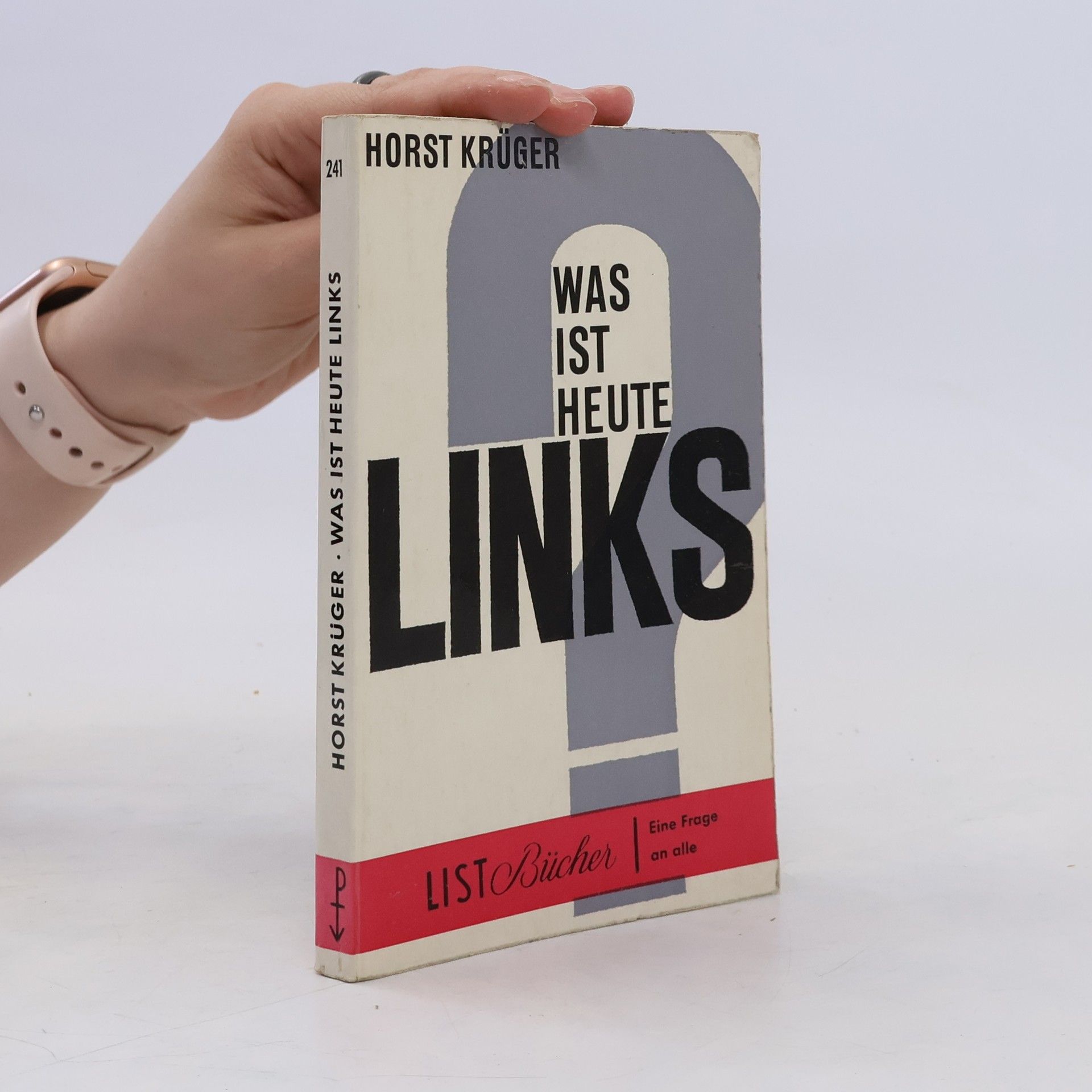
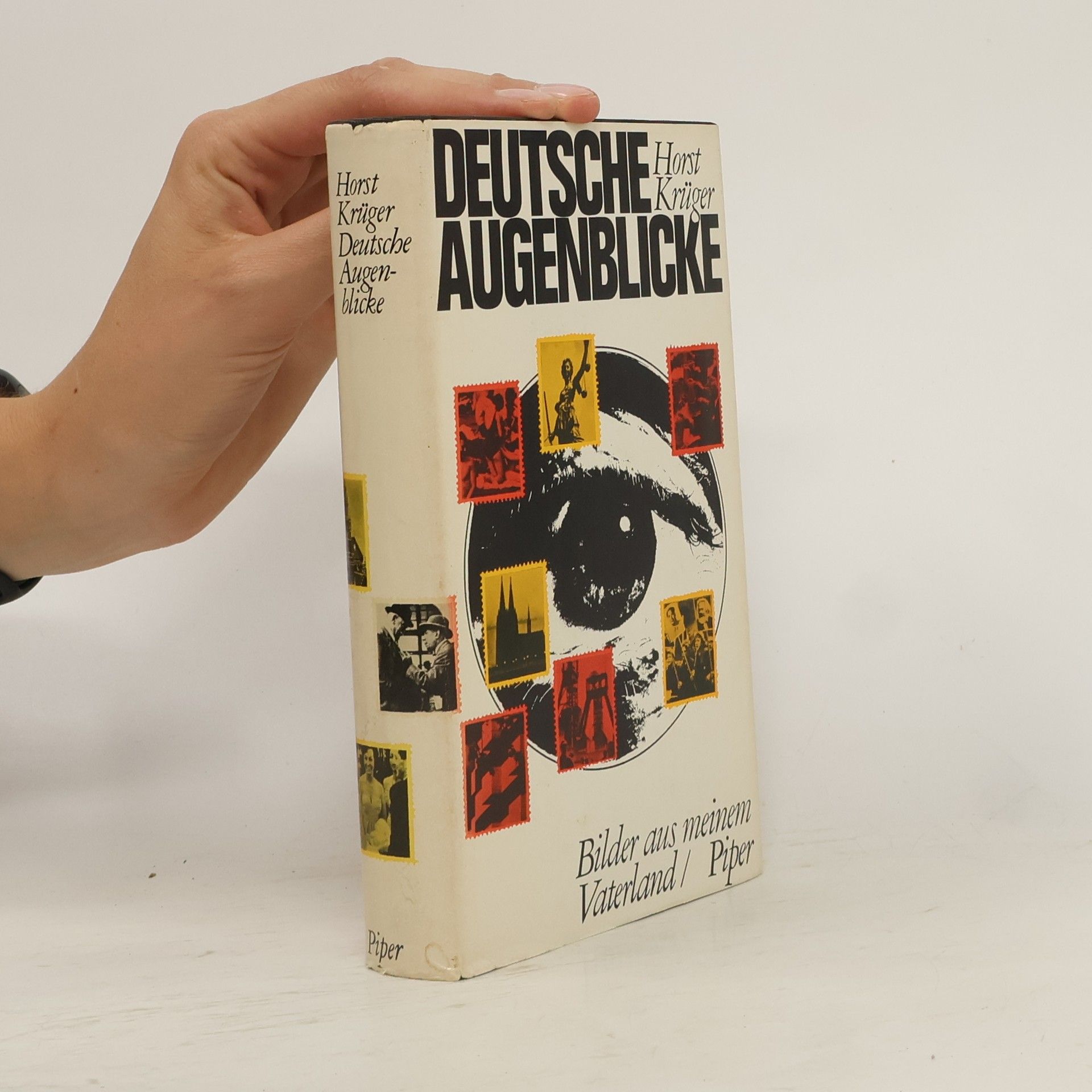
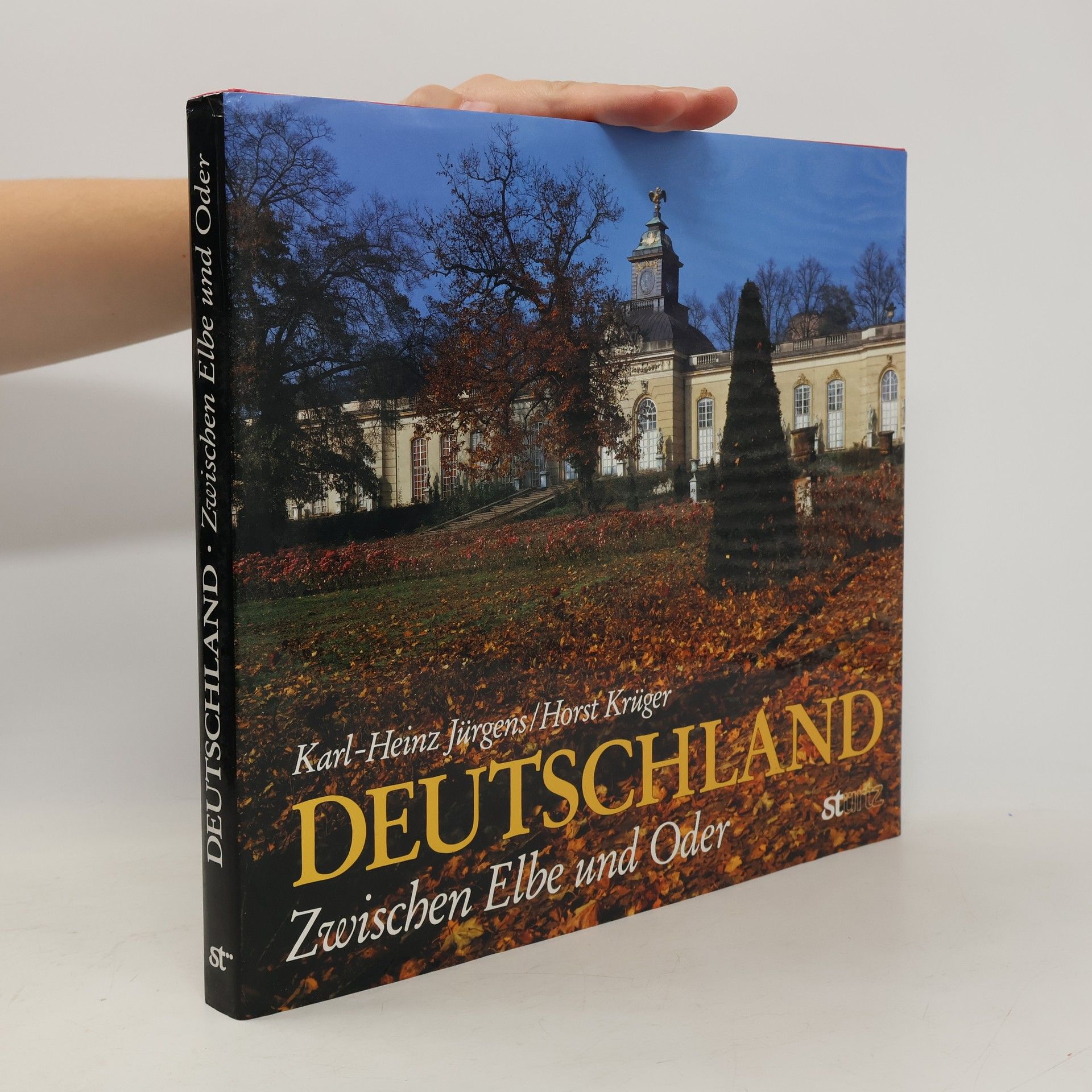
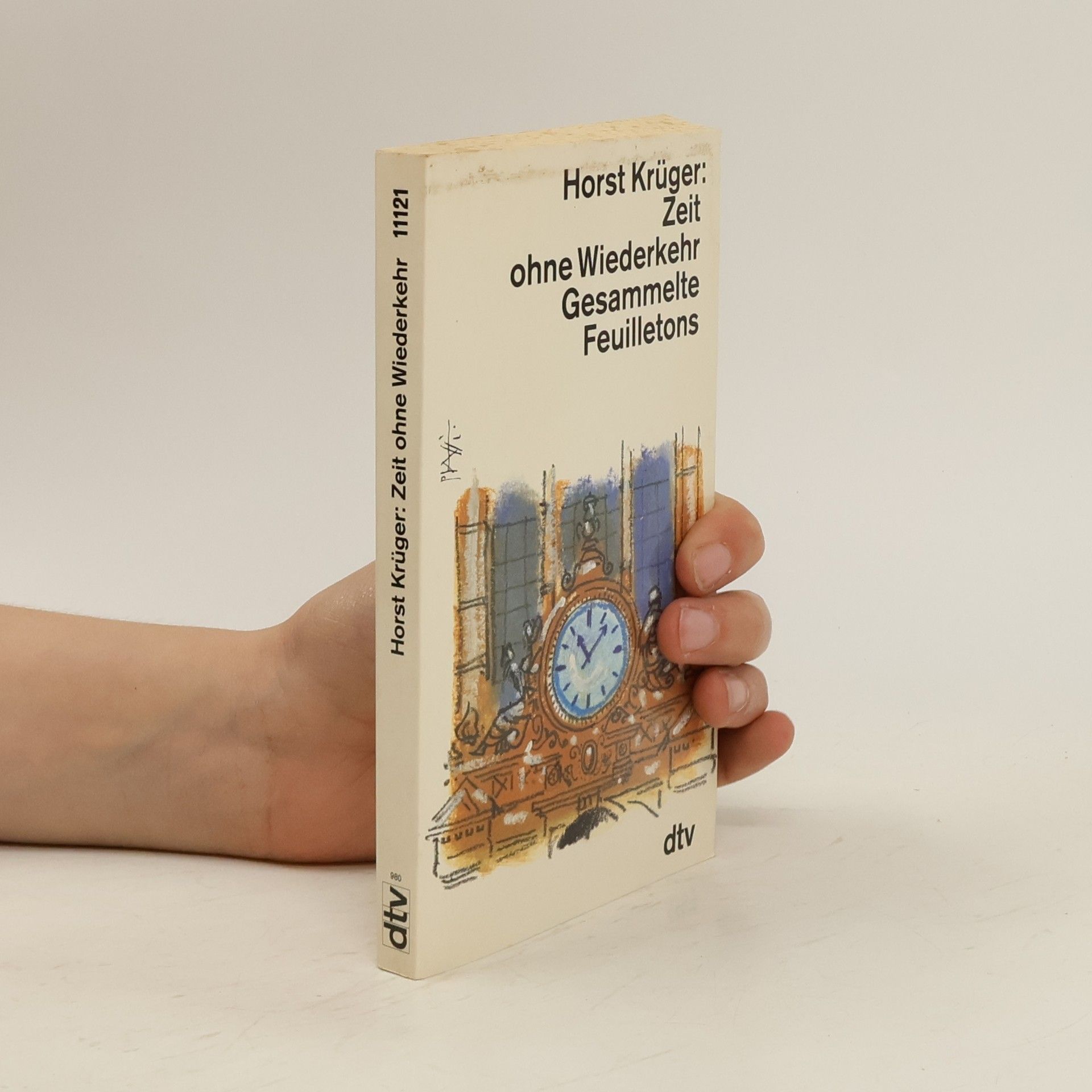

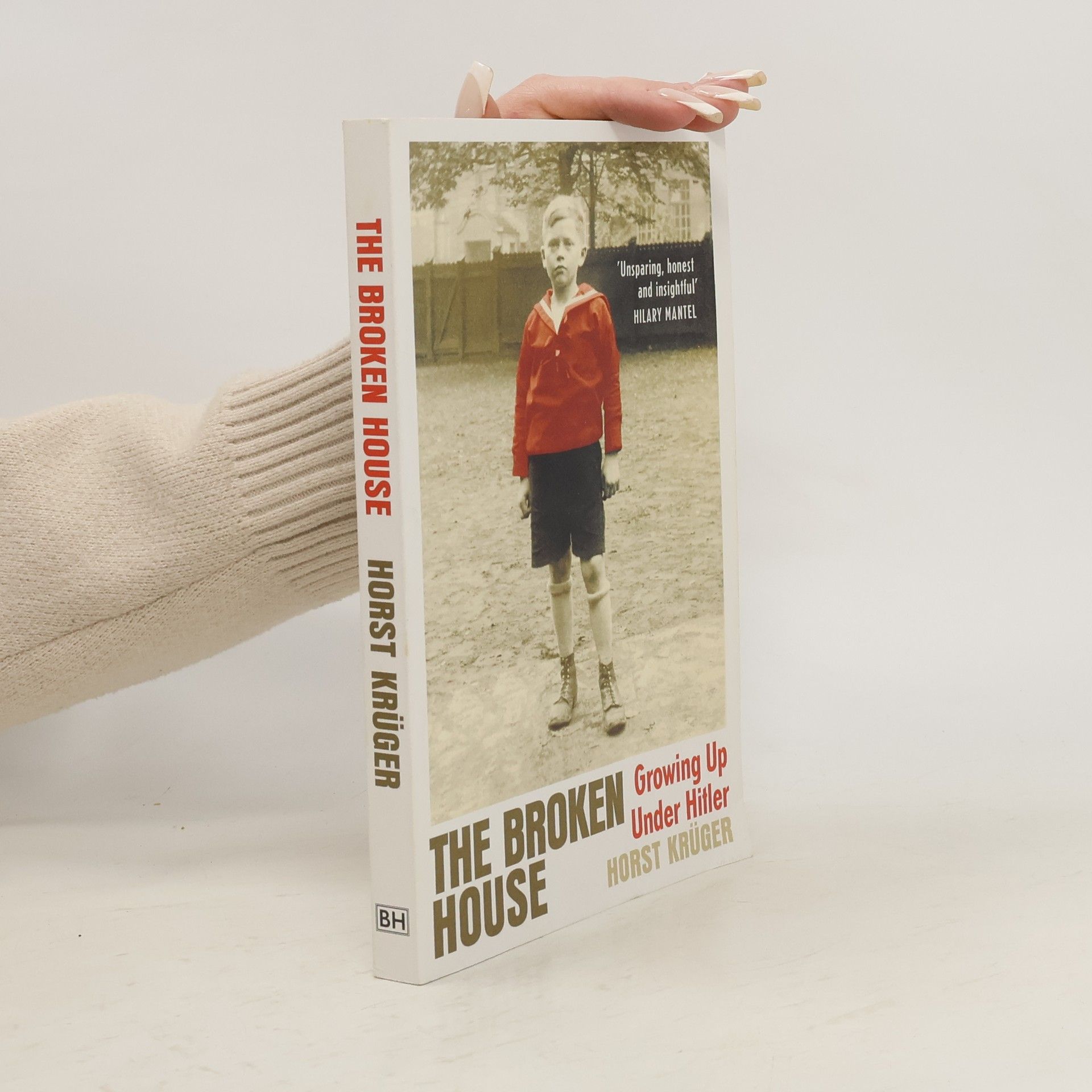
"Das zerbrochene Haus" ist Horst Krügers Bilanz seiner Jugend in Berlin im nationalsozialistischen Deutschland, ein Bekenntnis und eine scharfsichtige Analyse des verführten deutschen Kleinbürgertums. Horst Krüger, der sich selbst als "typischen Sohn jener harmlosen Deutschen, die niemals Nazis waren und ohne die die Nazis ihr Werk nie hätten tun können", charakterisiert, zieht Bilanz, weil er wissen möchte, "wie das damals war unter Hitler". "Das zerbrochene Haus" ist ein zeitloses, ein gültiges Buch, das zum 100. Geburtstag wieder aufgelegt wird, versehen mit einem Nachwort von Martin Mosebach, der Horst Krüger eng verbunden war.
Zeit ohne Wiederkehr
Gesammelte Feuilletons
Werner Ihmels, 1926 in Leipzig geboren, wurde 1947 – zu dieser Zeit Theologiestudent in Leipzig – verhaftet und verstarb 1949 an den im Zuchthaus Bautzen erlittenen Entbehrungen. Was ihn um sein junges Leben brachte, war der brutale Wille der sowjetischen Besatzungsmacht und ihrer deutschen Helferinnen und Helfer, eine stalinistische Diktatur zu errichten. Ihmels wurde zum Opfer, weil er aus seinem christlichen Glauben heraus die Freiheit des Gewissens gegen die Lügen und Drohungen der sich etablierenden sozialistischen Diktatur verteidigte. Zum Verhängnis wurden ihm nicht zuletzt eine persönliche Konfrontation mit Erich Honecker, dem damaligen Vorsitzenden der FDJ, und die Bekanntschaft mit dem späteren Vorsitzenden der LDPD Manfred Gerlach. Das vorliegende Buch stellt die Ereignisse um die ›Gruppe Ihmels‹, ihr Engagement, ihre Verhaftung, den Prozess und die Folgen sowie ihre vollständige Rehabilitation im Jahr 1995 dar, vervollständigt durch zahlreiche Originaldokumente.
